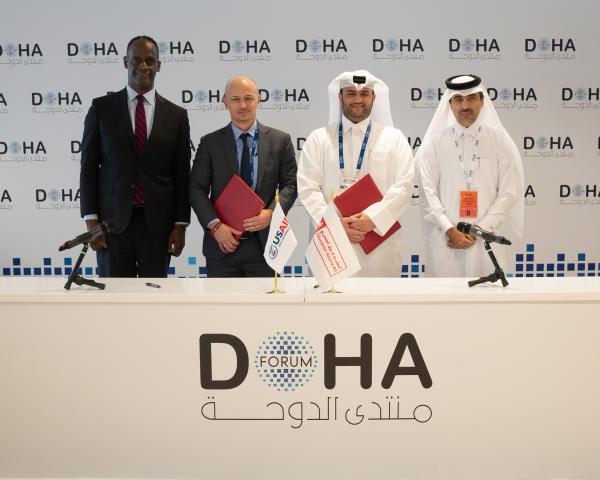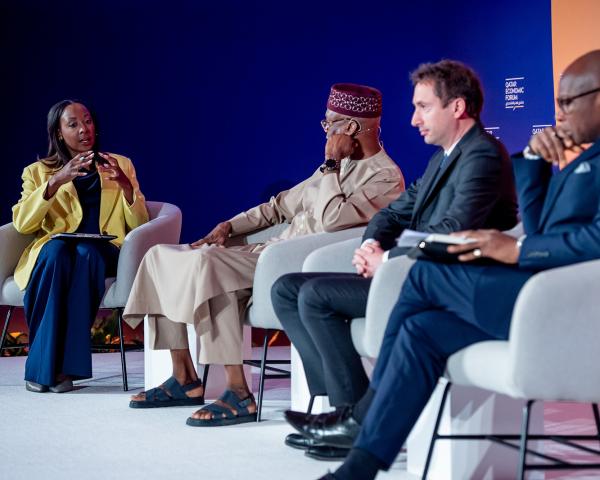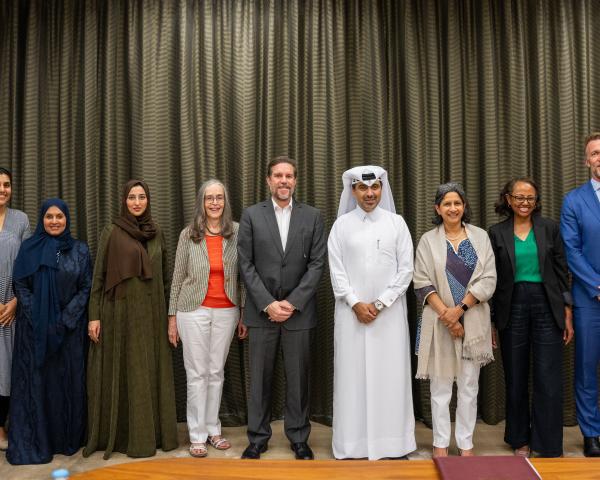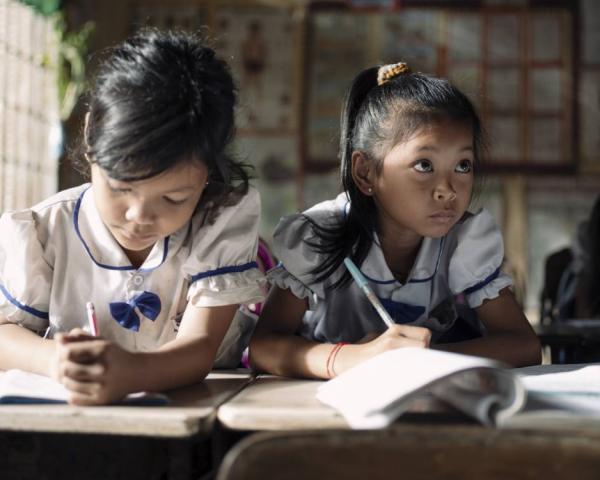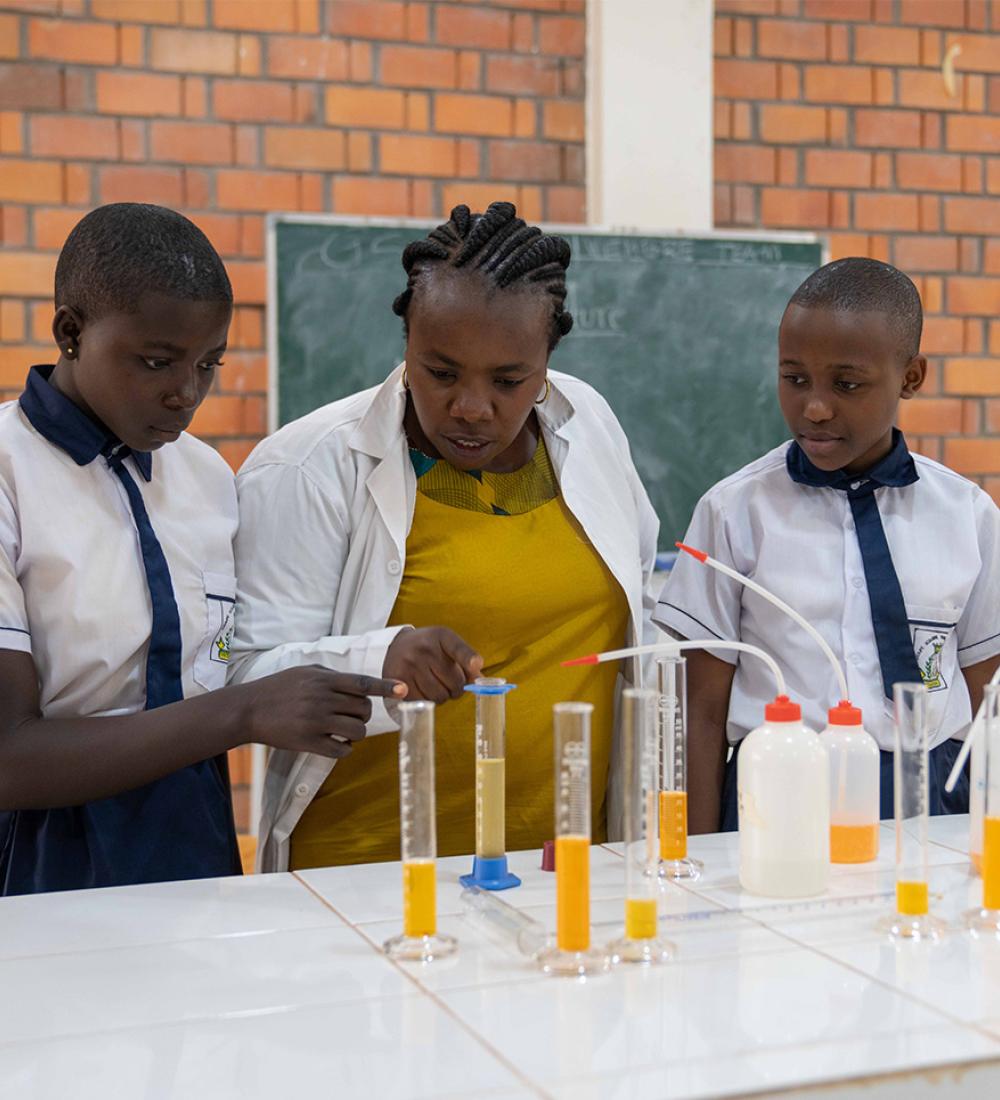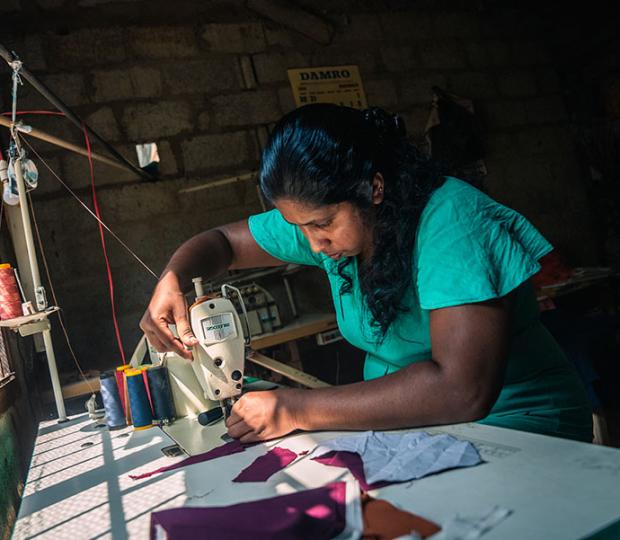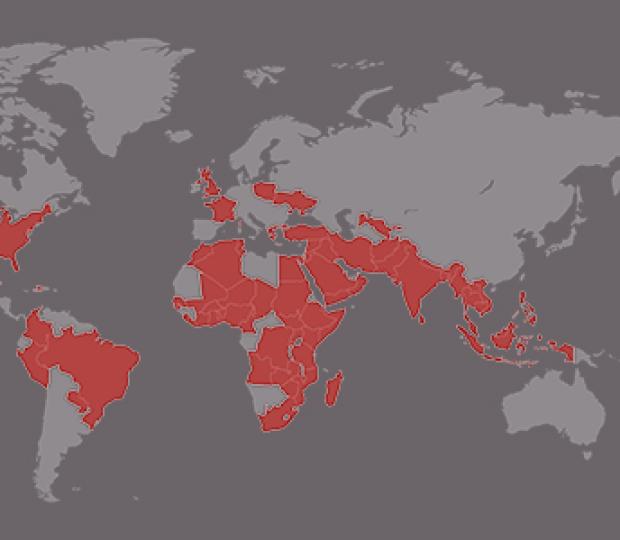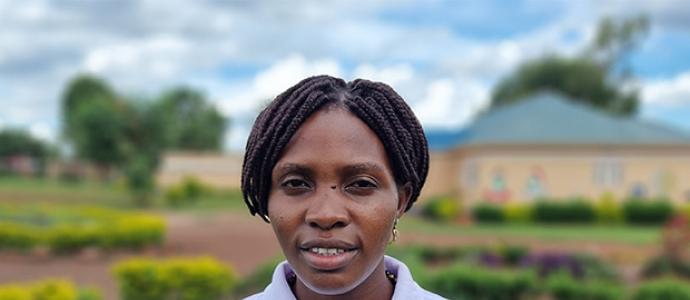Financing the Future: Tackling the Global Education Crisis
The Doha Forum is an excellent platform for dialogue on critical global challenges, focusing on fostering innovative networks and actionable solutions. To provide options for addressing and tackling critical global challenges often requires the ability to identify novel approaches and the courage to take on proposed solutions in a context where others may be skeptical, at best.
Education Above All (EAA) will host a session at the 2024 Doha Forum on the critical issue of education financing. The UNESCO GEM Report1 quotes a national average financing gap of $97 billion per year to meet SDG 4. Financing the long-term rise in human capital is an especially difficult challenge for low- income countries (LICs) and lower-middle-income countries (LMICs). Current budget outlays inevitably fall far short of what is needed because of a lack of government revenues due to poverty. The Education Finance Watch 2023 by UNESCO and the World Bank highlights this shortfall.
At the SDG Summit in New York in September 2023, it was evident that the world will not meet the agreed upon educational goals. There are 250 million children and youth out of school— of those, almost 28% are out of school children in the primary level; 69.9 million children of primary school age, while 59.1 million should be going to lower secondary and 121.5 million are upper secondary school age.2 Approximately 1 in 4 children drop out of school early with the lower secondary school completion rate at only 76.6%.3 Even when children are in school, they are not learning their grade level competencies and at least 2/3 of the world’s youth do not obtain basic skills,4 underscoring the necessity for sufficient education financing.
In the session, EAA and its partners will focus on three key themes that are closely related—Out of school children (OOSC), the funding crisis in education and particularly in relation to debt burdens, and the African continent where most of the OOSC reside globally and where debt burdens are extremely high.
Session Objectives
- Describes the dire situation in Africa in relation to educational access, quality and relevance
- Outlines the problem of African indebtedness and its relationship to domestic spending in education
- Provides opportunities to discuss ways to supplement domestic spending on education through partnerships
- Introduces alternative funding models
- Presents the country pilot of a new model for financial sustainability for education
Watch this space for updates on speakers and the programme of the session.
1 https://unesdoc.unesco.org/ark:/48223/pf0000385004
2 https://unesco.org/en/articles/250-million-children-out-school-what-you-need-know-about-unescos-latest-education-data
3 https://data.worldbank.org/indicator/SE.SEC.CMPT.LO.ZS
4 https//www.nber.org/papers/w30566







